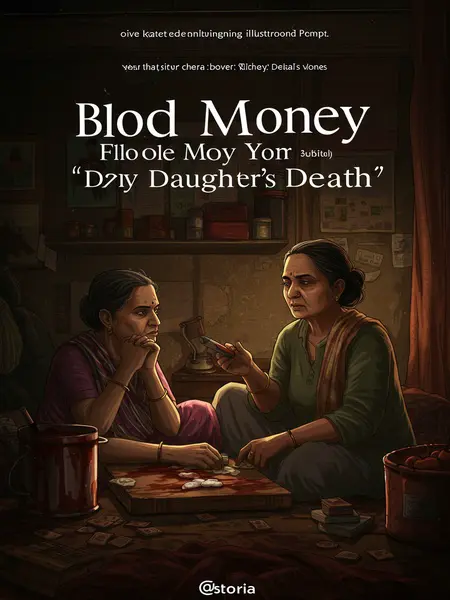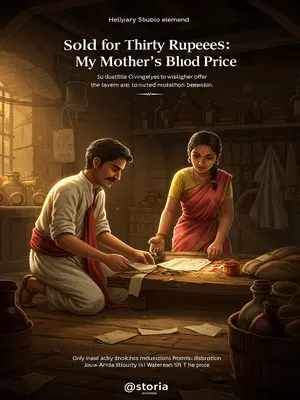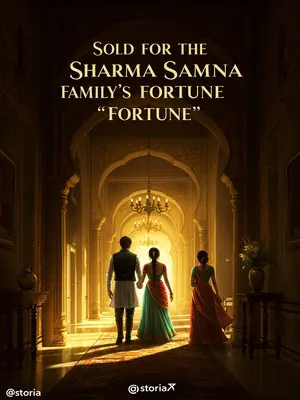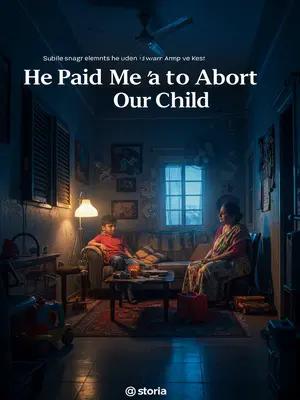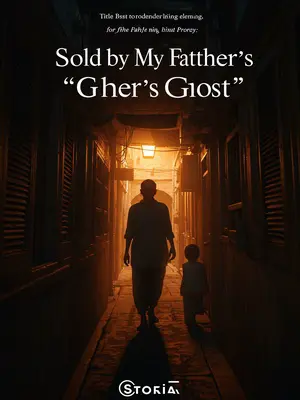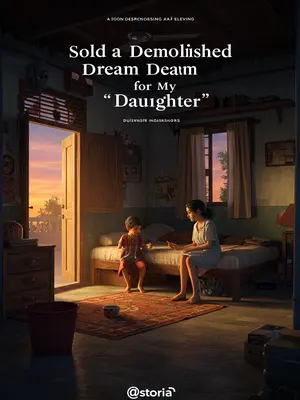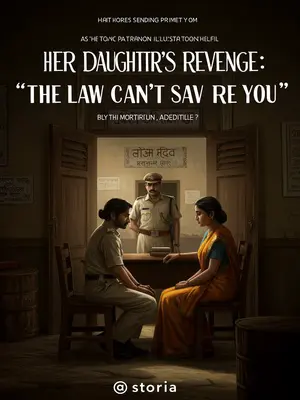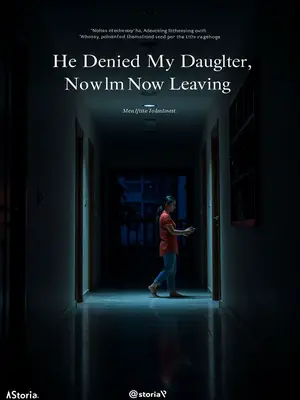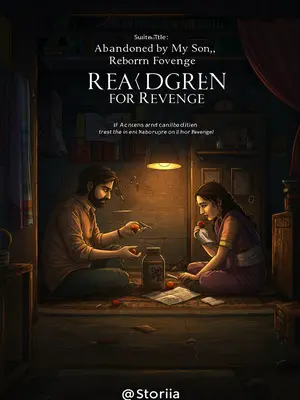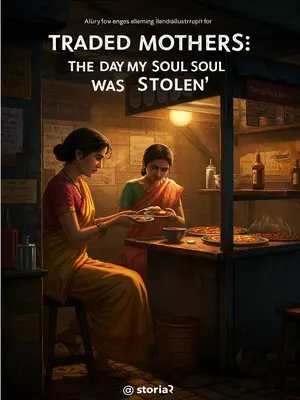Chapter 1: The River and the Ashes
The phone rang just after noon, slicing through the sticky heat of a Lucknow summer. By the time I reached the riverbank, the world had blurred into chaos—my daughter’s body was already being pulled out, her school shoes lost somewhere in the muddy current. The sharp tang of wet earth and sweat filled my nose. My insides twisted as I watched: her lips blue, like the ink stains she used to leave on her exam papers.
News travelled faster than the wind in our mohalla. Neighbours clustered in tight knots—one aunty pressed a cup of chai into my shaking hands, another offered a plate of glucose biscuits, murmuring, 'Sab Allah ki marzi hai, beta.' Their eyes darted from me to the body, as if bracing for a tragedy they’d always sensed was coming for our family.
Her body was drenched, her face ashen, eyes closed to the world. Without waiting for permission, I took charge. The ghat preparations began, relatives protesting—my sister-in-law clutching my arm, my chacha-ji raising his voice for a post-mortem, the local ward councillor warning, 'Procedure follow karo.' But I was a locked dam, letting nothing through. I called the pandit, arranged the rites, and booked the earliest slot at Bhaisakund Ghat. The priest’s mantras mixed with the thick scent of ghee and sandalwood, barely masking the raw, iron tang of loss. Someone pressed a hand on my shoulder, but their words were drowned by the rush in my ears.
Sunita, my ex-wife, arrived as the last rites began. Her sari pallu slipped, hands trembling so violently her glass bangles slid down to her wrists. Without a word, she slapped me—once, twice—the sound echoing over the water. 'Bas, bahu, bas,' someone muttered, but she wasn’t done. She clawed at my shirt, voice breaking: 'Mujhe meri Priya wapas de! Batao, kaise mar gayi meri bacchi?' Her grief was a river that would not be dammed. The priest looked away, rearranging the puja thali.
I shoved the warm clay urn into her hands, her bangles clattering against it as she recoiled. 'Le ja, chahiye toh le ja,' I spat, forcing my voice not to shake. The priest began another shloka, eyes flickering between us. In my head, I told myself, 'Ye bhi guzar jayega.' Scandal and gossip pass, I thought, even as the fire devoured my last hope.
The city’s obsession with board exams pressed on, grief be damned. Tuition centres overflowed, students hunched over guidebooks, WhatsApp groups pinging late into the night. Even in mourning, I felt out of step—my sorrow had no place amidst Lucknow’s feverish pursuit of marks and merit.
But the next evening, as the street lights flickered and the chaiwala packed up his cart, two constables and Lady Inspector Suman arrived at my door. No greetings, just business. Suman’s lips were set in a thin line as she pressed play on a phone video. My hands shook as I took the device. Neighbours craned from their balconies, someone whispering, 'Yeh toh kuch aur hi hai.'
The frame was shaky, but the image clear—Priya, forced to her knees, her delicate fingers being ground under the heel of a gleaming white sneaker. The girls towered over her, one slapping her, the other giggling, their cruelty sharp as glass. 'Priya, maine mana kiya tha na, class prefect se chakkar mat chalana?' The laughter was cruel, echoing in my skull. I pressed my fist to my mouth, holding back a cry.
Suman’s eyes burned with anger. 'Rakesh ji, please—let us help. Justice milni chahiye aapki beti ko.' But I shook my head, numb. I said I’d handle it privately. She looked at me as if I was mad, but left without arguing.
That night, the video made its way to Sunita. My phone rang with calls from relatives and Priya’s tuition teacher. The city buzzed with whispers.
A week later, in the packed courtroom, Sunita’s voice cracked as she relived every moment of Priya’s pain. Aunties dabbed their eyes, young girls clung to their mothers. The three accused girls—draped in expensive kurtis and gold—smirked, passing notes, their eyes glazed with boredom. Ritika Sharma, the ringleader, chewed gum, flicking her ponytail and sneering, 'Aunty, Priya ne khud jump kiya. Humne toh sirf mazaak kiya tha.'
Her friends giggled, one chiming in, 'Kaun jaanta tha woh itni kamzor hai?' The judge banged his gavel for order, but the crowd rippled with outrage. An old woman muttered, 'Kalyug aa gaya hai,' while a young man in the back recorded the scene for WhatsApp.
Sunita lunged at them, screaming, 'Yeh mazaak tha? Kisi ki jaan le li!' She had to be restrained. The judge shook his head, citing lack of evidence and reformative justice. The Sharma family’s lawyer slipped an envelope to the court clerk. The compensation offer followed—three lakh rupees, the money heavy as sin.
I took the pen and signed, not letting my hand tremble. Neighbours stared, someone muttering, 'Arrey, paisa sab kuch hai is aadmi ke liye.' I shrugged, voice cold, 'Jo chali gayi, uske liye kya rote rahe? Zinda logon ko bhi toh dekhna hai.'
That night, I counted the notes at home, hands shaking. The radio played an old Lata Mangeshkar song, her voice haunting the empty room. I tried to find comfort in the money, but all I felt was guilt and the echo of a song about lost love.
